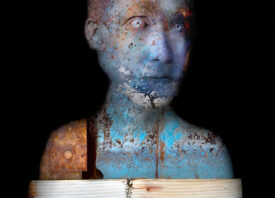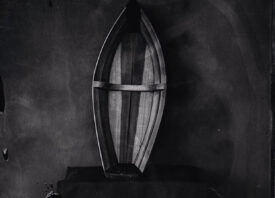Search this site
Maine Media Workshops Have Taught Generations of Photographers. Now, They’re Celebrating 50 Years. (Sponsored)
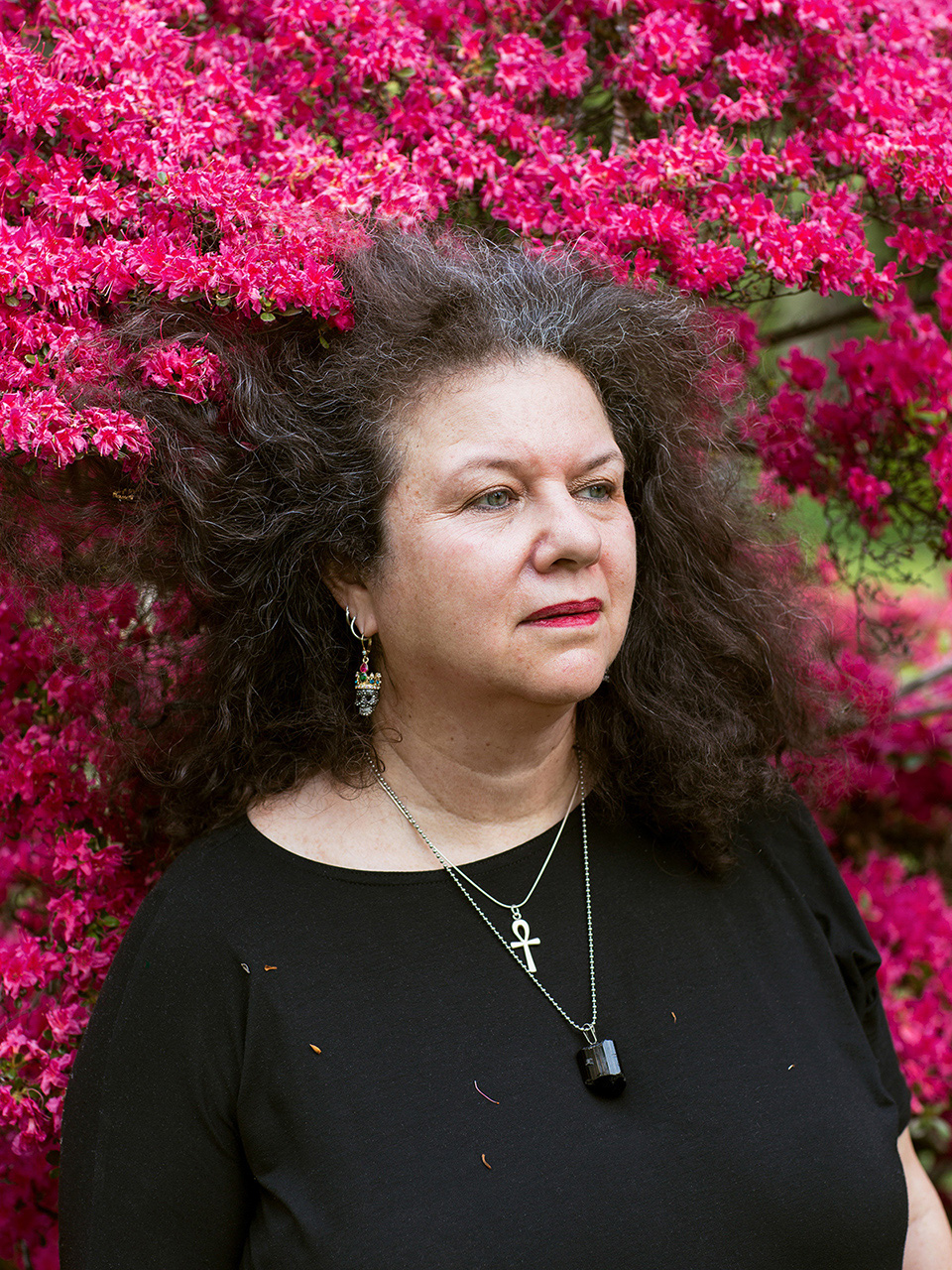
Fifteen years ago, the artist Frances F. Denny set out for the Maine coast. Having recently completed an internship at a New York City art gallery, she spent the summer at Maine Media in Rockport—a campus surrounded by majestic mountains and sunlit blueberry fields. While there, she immersed herself in her creative practice.
That first summer at Maine Media, Denny enrolled in workshops with Cig Harvey, Joyce Tenneson, Arno Rafael Minkkinen, and Brenton Hamilton. “So many seeds were planted during those workshops, both from a technical perspective and from an artistic one,” she remembers. “It was probably the most creatively generative two months of my life—and to be in magical mid-coast Maine… Heaven.”
Denny, who would go on to work with leading international publications and publish two monographs, is part of the 50-year legacy of Maine Media. Born in 1973 as a summer school for photographers, Maine Media is now a preeminent non-profit, degree-granting institution with formal accreditation from the New England Commission of Higher Education.
Over half a century, photographers including Arnold Newman, Mary Ellen Mark, and Ernst Haas have walked this twenty-acre campus and taught students there—each in their time. As for Frances F. Denny, she’s remained in touch with her mentors from Maine Media. Cig Harvey, Joyce Tenneson, Arno Rafael Minkkinen, and Brenton Hamilton continue to meet and foster new talents each summer and year-round.
These lifelong connections are the rule rather than the exception at Maine Media, where students range in age from fourteen to 90. Many return year after year, forging new relationships along the way. We asked Kari Wehrs, the Photography Program Chair at Maine Media, to tell us more about this historic institution as they prepare for the next fifty years.
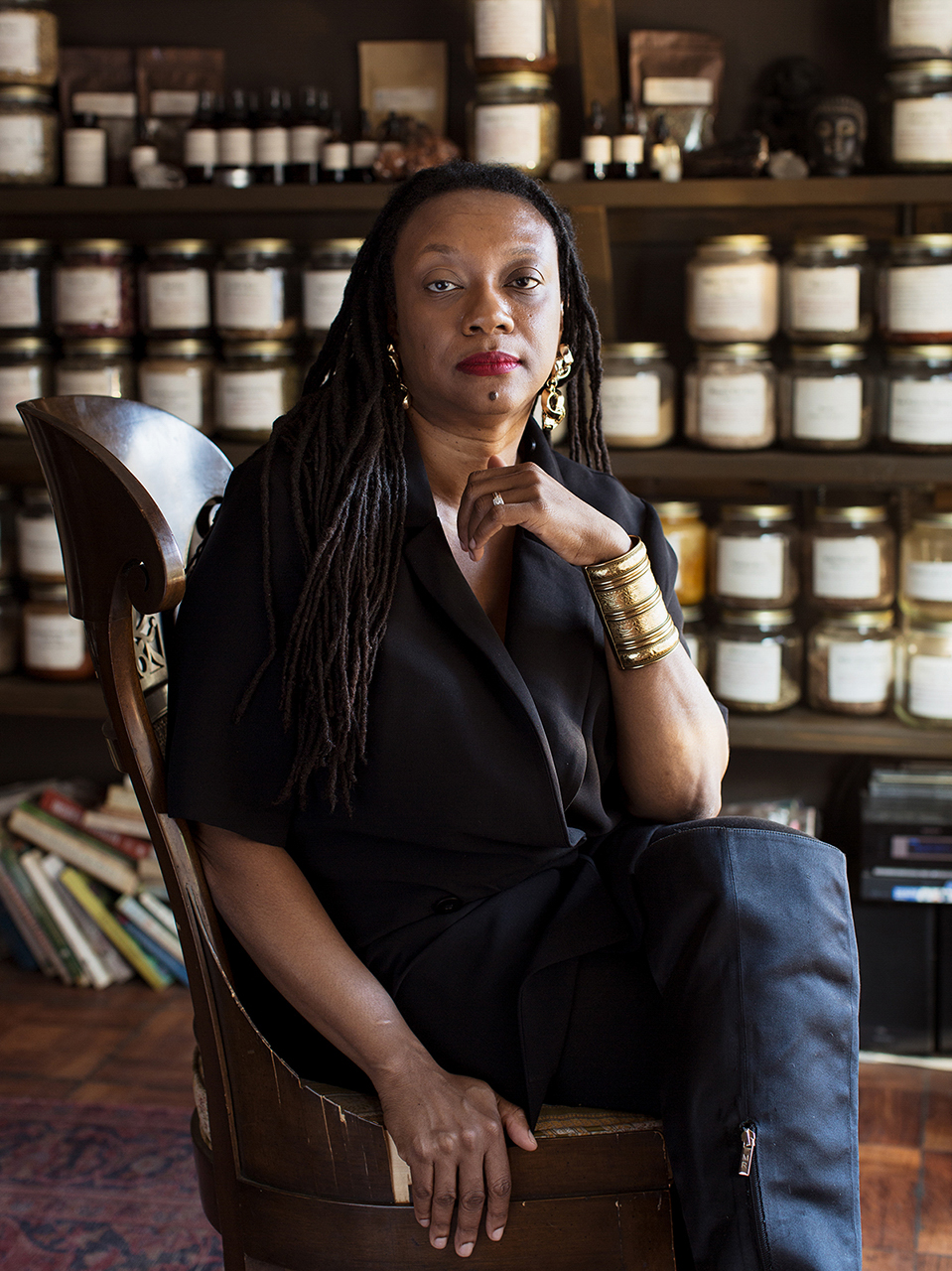
You became Chair of the Photography Program this year, but you’ve been at Maine Media for years now. What have been some of your proudest moments during your time there?
“I’ve seen how the immersive experiences, in-depth learning, and connections that happen at Maine Media transform people’s lives. Watching students find confidence in their practice and achieve their creative potential is a really beautiful experience.
“As the Chair of the Photography Program, I have the privilege of being the lead faculty for our Professional Certificate in Visual Storytelling. The program is a rigorous 30-week intensive, and because of this structure, it is incredibly rewarding to see participants nourish their ideas and watch them grow.
“I often see change and metamorphosis on a weekly basis, and I’m proud when students surprise themselves with what they can make and how they can communicate via storytelling within media arts. Maine Media is a unique and special place defined by the fusion of energy, dedication, depth of knowledge, mentorship, connection, inspiration, and camaraderie that happens here.”
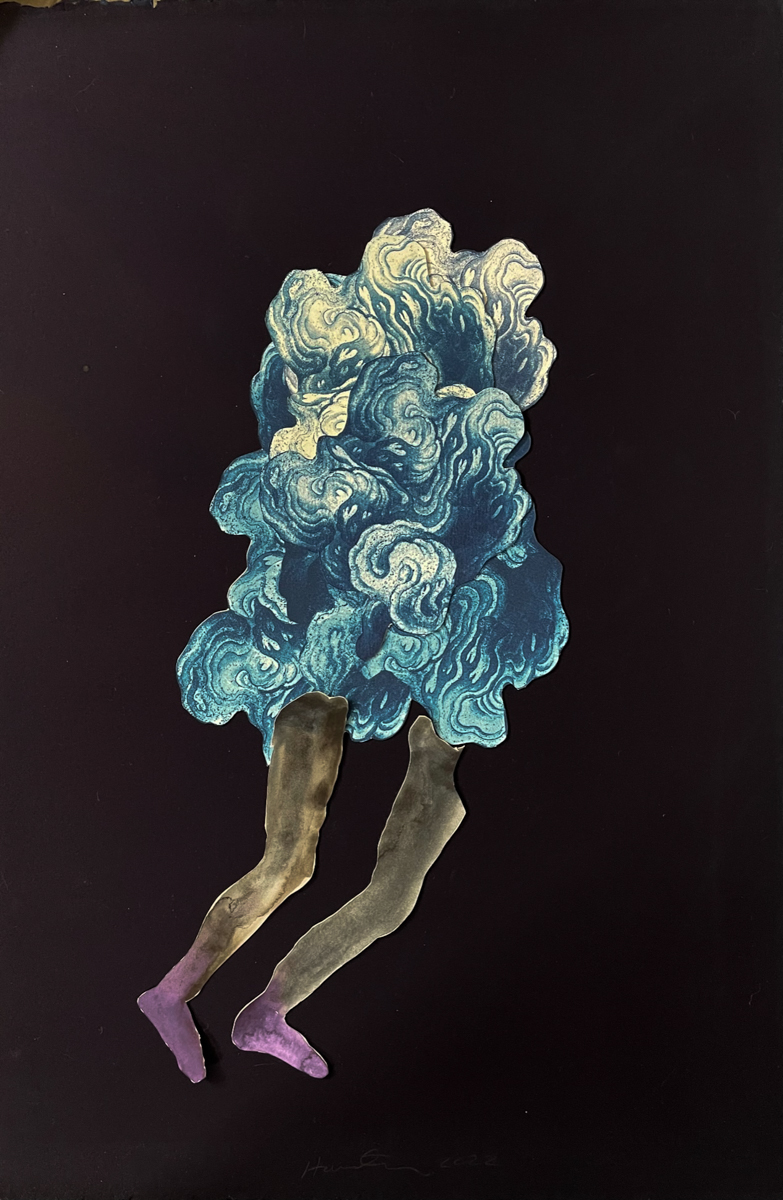
Your students include teenagers and adults in their 80s and 90s. What does “life-long learning” mean to you, and what does it look like at Maine Media?
“We emphasize life-long learning opportunities because we have programs and classes for participants of various ages and all levels. You can find relevant courses with us whether you have just purchased a camera and have yet to take it out of the box, whether you have been a working professional in media arts for 30 years, or whether you want to take a course to freshen up on skills or to spark your creativity.
“Our educational experiences and opportunities are robust, with workshops dedicated to young artists ages fourteen to eighteen, workshops for adults from beginner to master level, our 30-week Professional Certificate in Visual Storytelling, our 30-week Certificate in Collaborative Filmmaking, and our low-residency Master of Fine Arts degree. In all of our adult opportunities, we have a diverse student population, including age range, which benefits the student experience.”
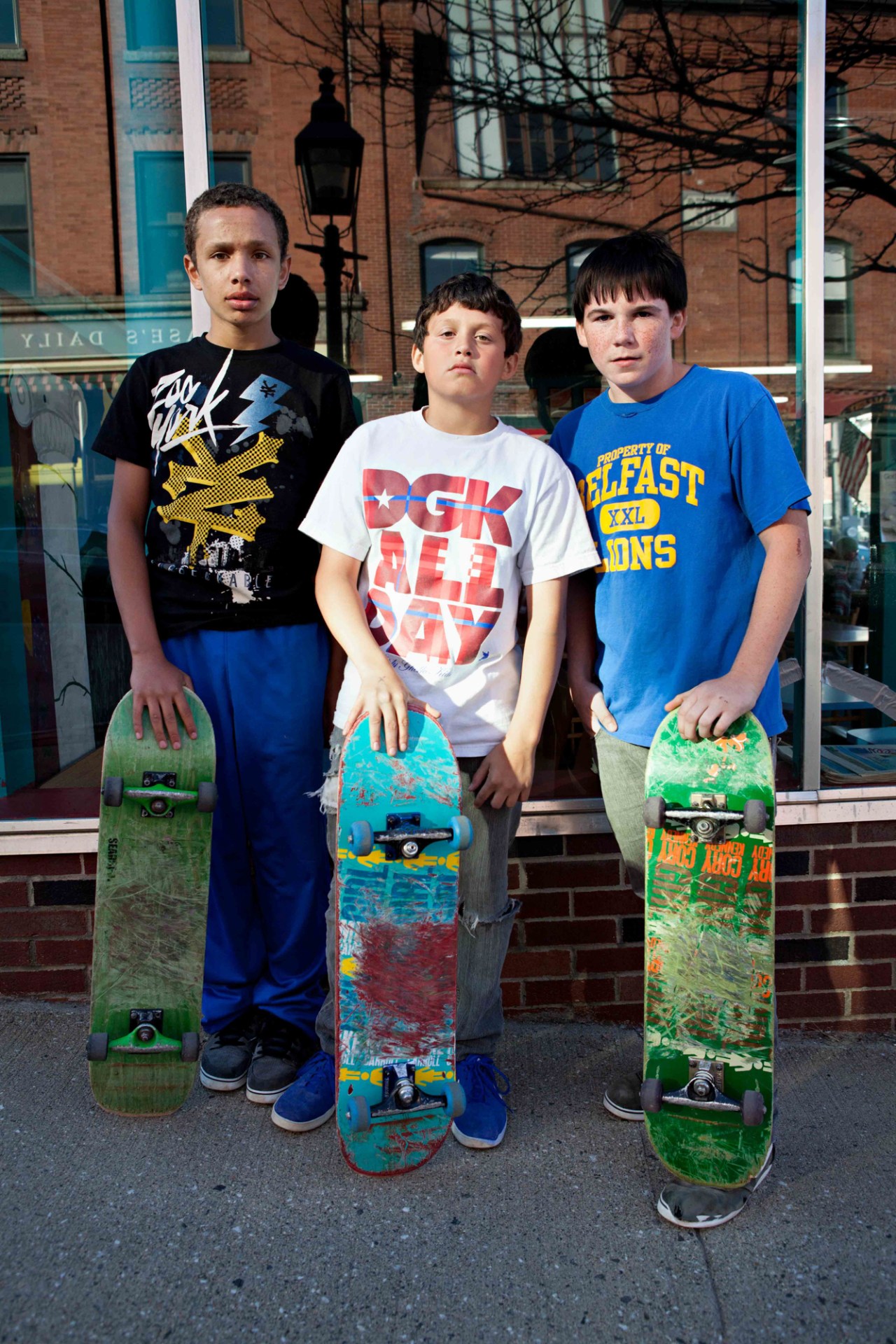
Maine Media students have gone on to produce landmark publications, exhibitions, and other career highlights. Can you share one of their stories?
“Matt Cosby graduated from the Professional Certificate in Visual Storytelling program in 2012. He explored his interests in people and portraiture, but early on he didn’t feel he knew how to define when a picture was successful. He completed the program with a finessed, cohesive body of portraits, among other works.
“Upon exiting the program, Cosby spoke about defining successful pictures by saying, ‘I learned that it’s not necessarily knowing, but a feeling…and that when you feel something, and your photo evokes a mood, that’s when the success is happening.’
“Since graduating from the Professional Certificate program, Cosby has been published with The New York Times, National Geographic, Rolling Stone, NPR, Maine Magazine, Boston Magazine, and numerous other clients. He also teaches a portraiture workshop with Maine Media, where he generously shares his techniques, energy, and passion.”
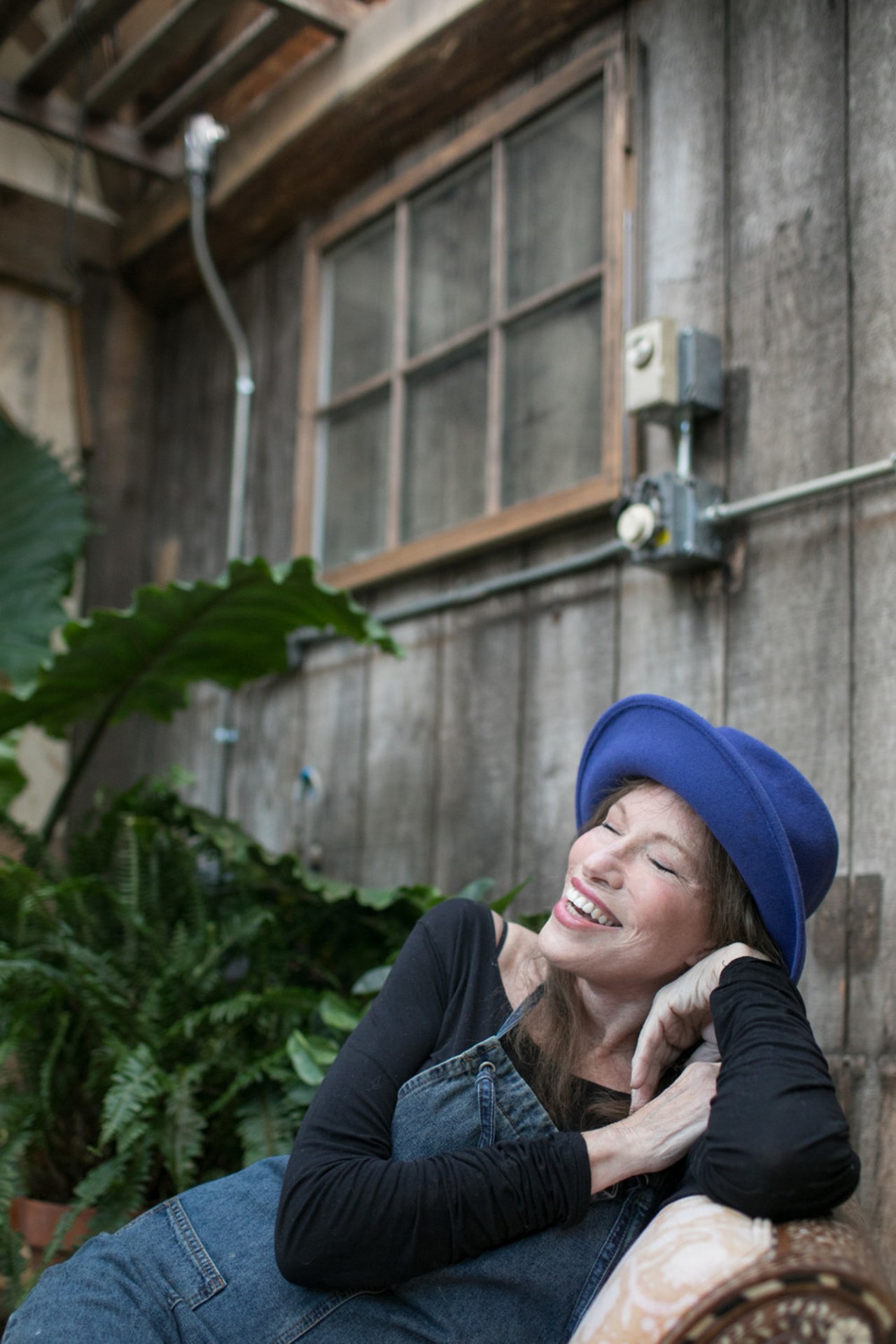
Maine Media received formal accreditation from the New England Commission of Higher Education earlier this year. What does this mean for the institution and its students?
“Receiving accreditation from the New England Commission of Higher Education (NECHE) means that Maine Media programs meet educational standards and are recognized for their academic excellence. Additionally, this eases the process for our students to receive federal financial aid, and it makes transferring of credits a possibility between ourselves and other institutions.”
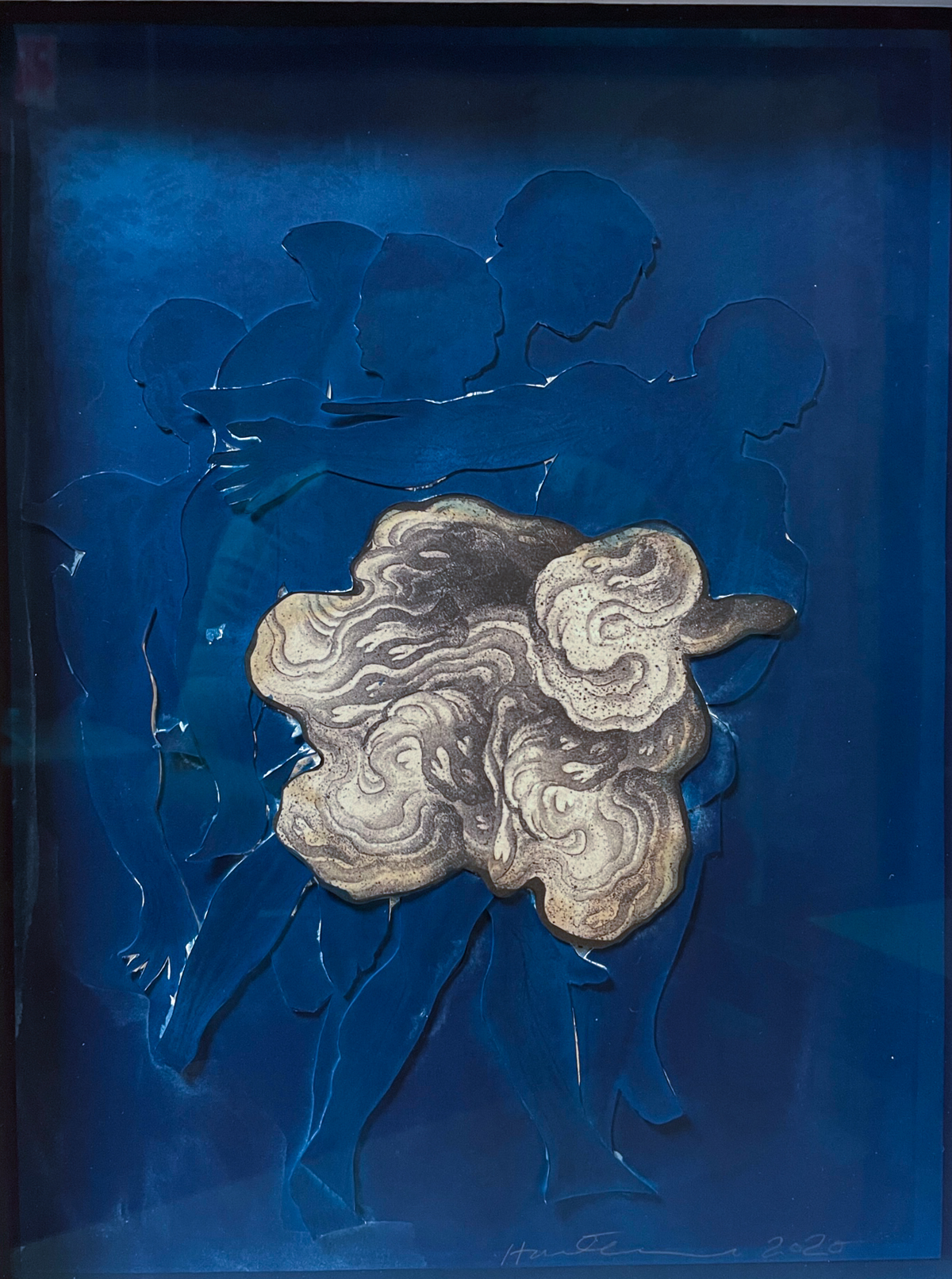
In what ways do your degree and certificate programs differ from your workshops? What does the admission process to the former look like, and what are you looking for in prospective students?
“Our degree and certificate programs provide the tools to sustain a career in media arts. Our programs are an opportunity to have a serious, committed conversation about your work, concerns, and practice—all through dedicated mentorship, either over a 30-week timeframe (for the certificate programs) or over a three-year period (for the low-residency MFA).
“We are looking for students who are ready to tell stories, of their own or of others. Our programs are rigorous, and while they often have components based on peer-group experiences, they take on an individualized approach. Prospective students might choose Maine Media in place of a four-year degree, or because they’re merging another career with purposeful artistic expression, because they are looking to fast-track a career change, or because they strive to grow as individual artists and teachers.”
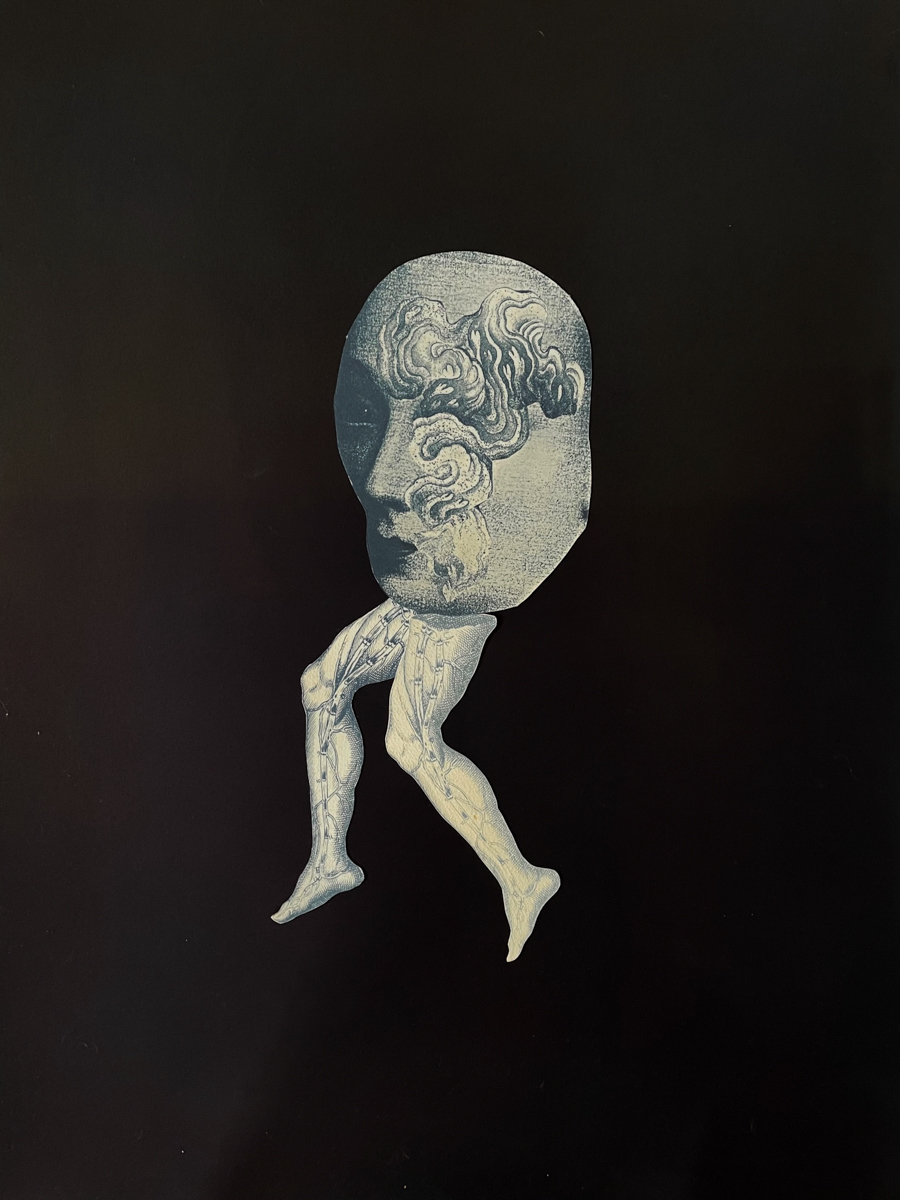
Maine Media is unique because you can learn the latest digital technologies alongside historic processes. What are some techniques you can learn here that are hard to find elsewhere?
“In terms of photographic processes, Maine Media has always made a point to have courses that bookend the medium. This means that we will keep contemporary techniques present but that we also hold onto the historic photographic processes, and better yet, we find ways in which we can combine those areas. This is an avenue that we will continue to stay dedicated to as time passes because we understand that students benefit from a variety of technical, aesthetic, and conceptual choices.
“Our students can come here to learn wet plate collodion (producing tintypes, ambrotypes, or glass negatives), cyanotype, gum bichromate, salted paper, albumen, kallitype, platinum/palladium, ziatype, and so on. We create digital negatives for use in our historic processes lab. We also have a book arts studio on campus, which is very popular for creating photo books that showcase both old and new processes/techniques.”
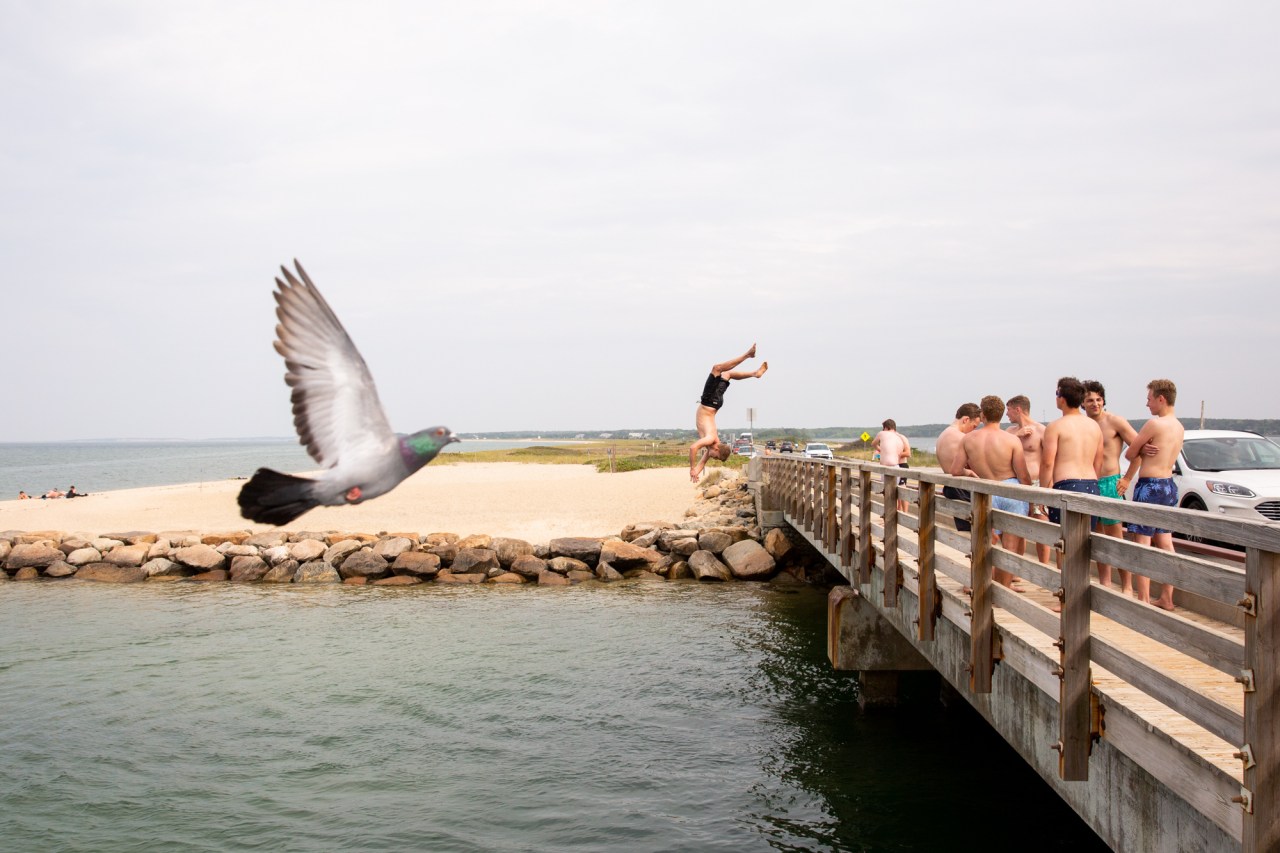
What are your goals for the next 50 years?
“We are excited to continue to teach, practice, support, and celebrate media arts! We strive to make a meaningful impact on those who come to participate in our community. Above all, we are eager to encourage storytelling as a means to foster connection and deepen human understanding.”
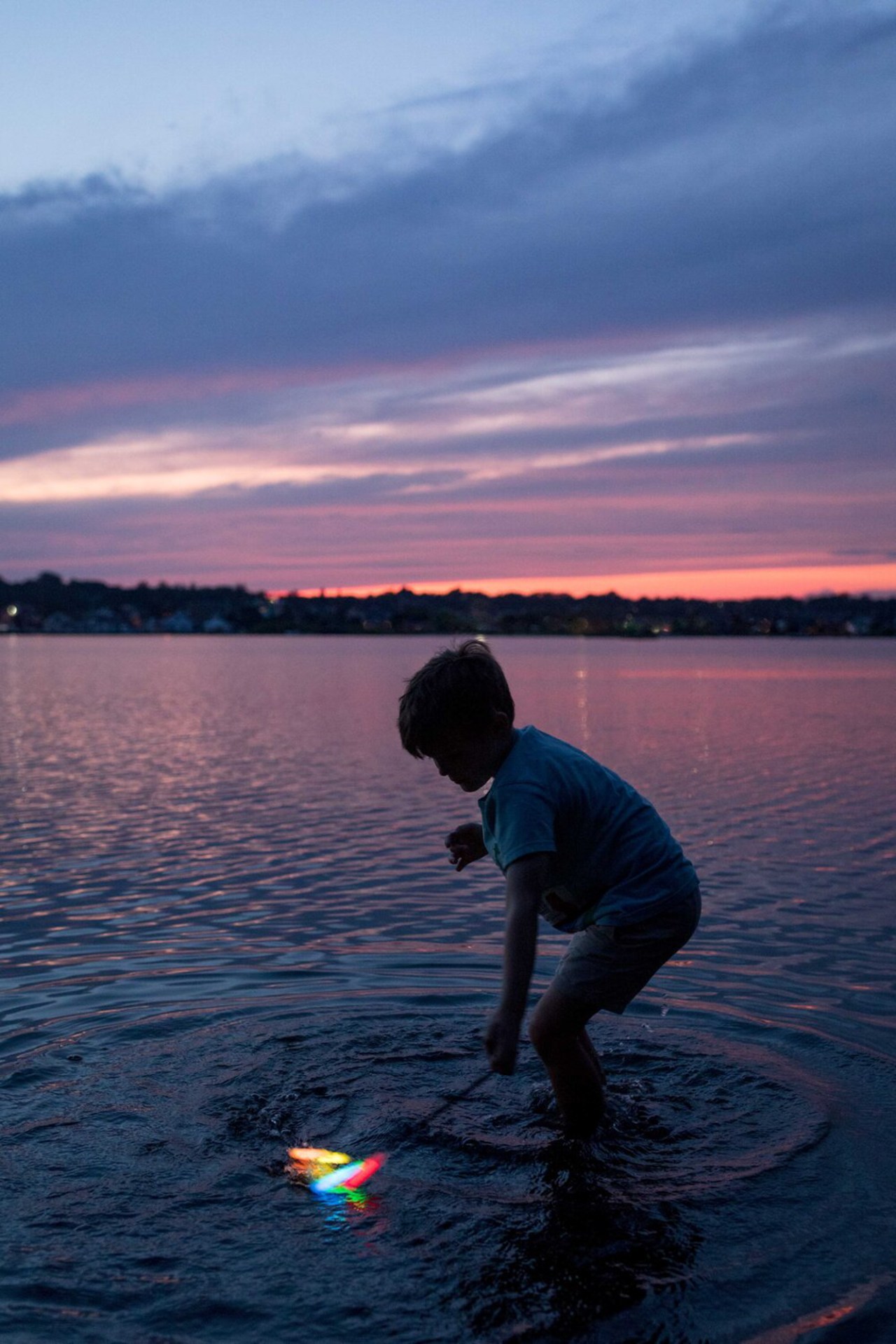
Learn more about Maine Media and the career-defining opportunities they offer by visiting their website.
Further reading:
• Childhood, Loss, and Redemption in the Photos of Cig Harvey
